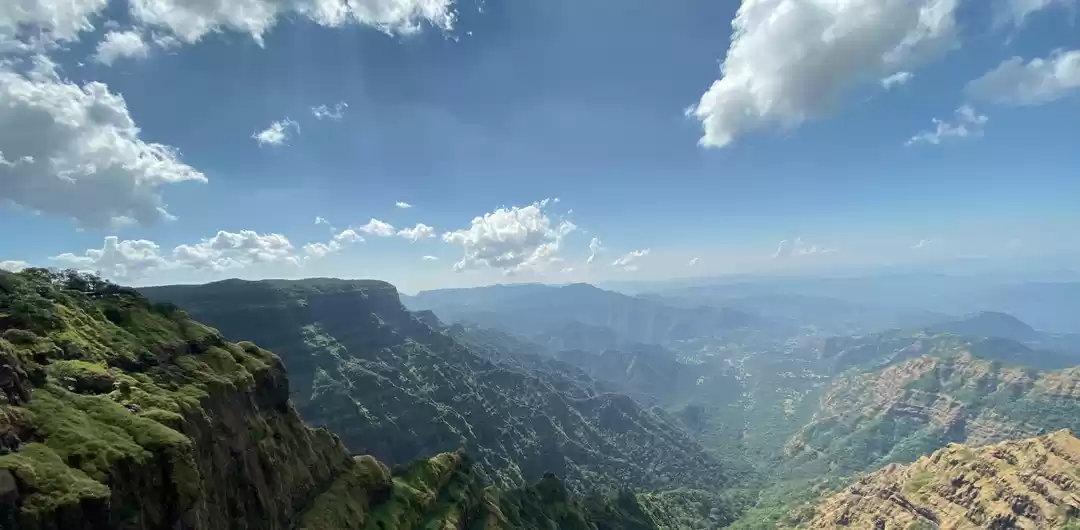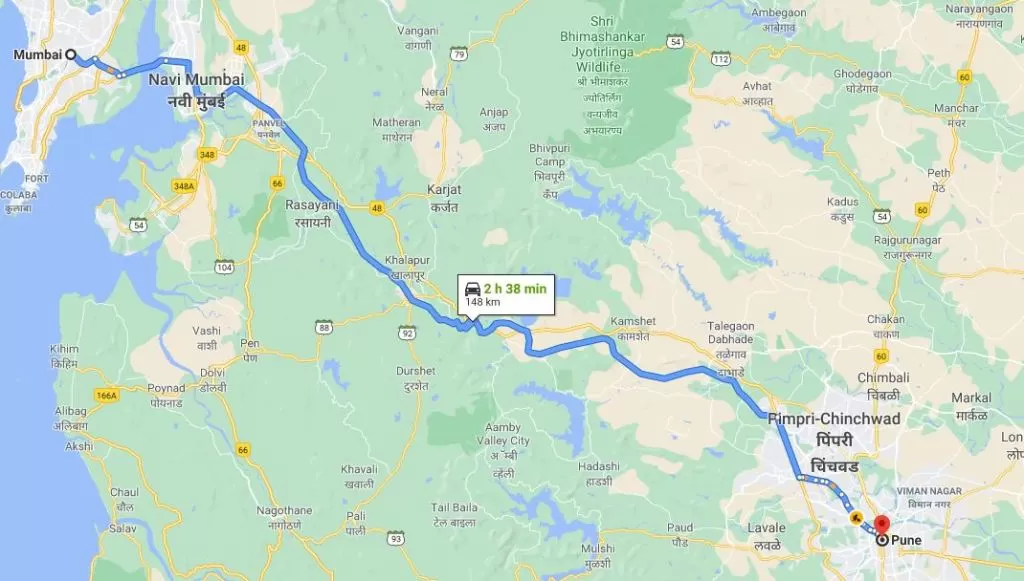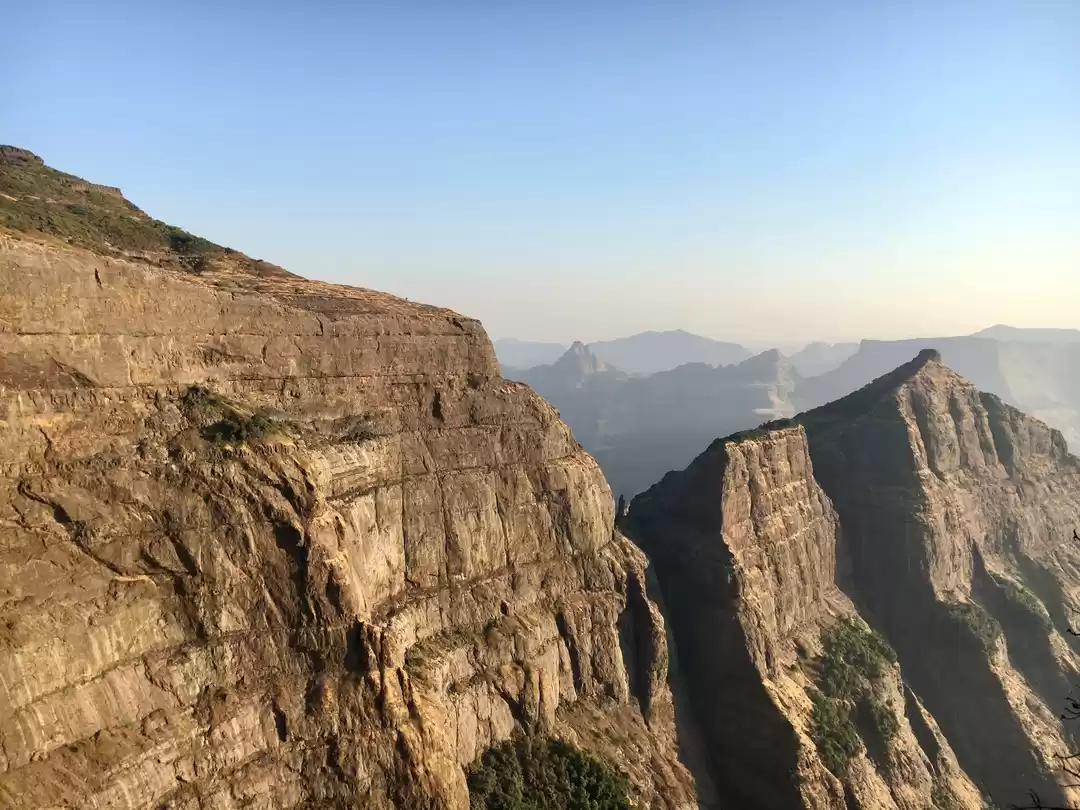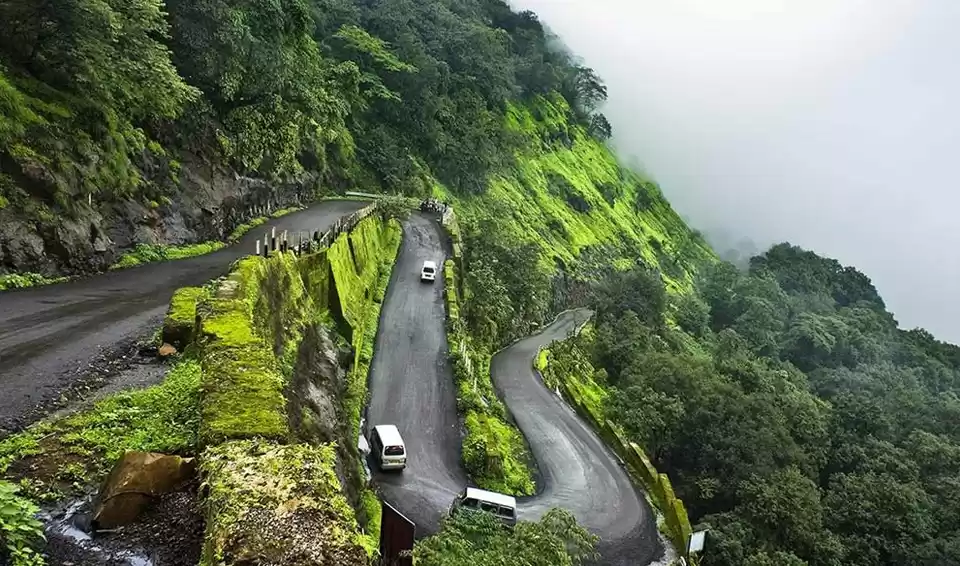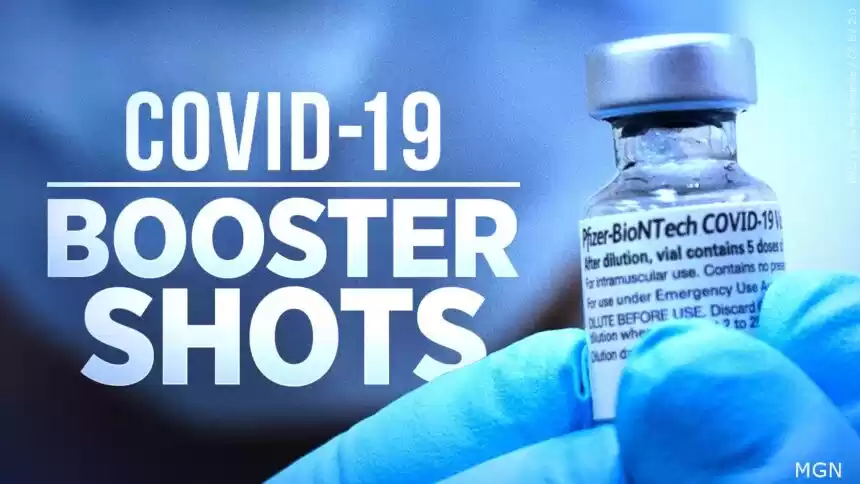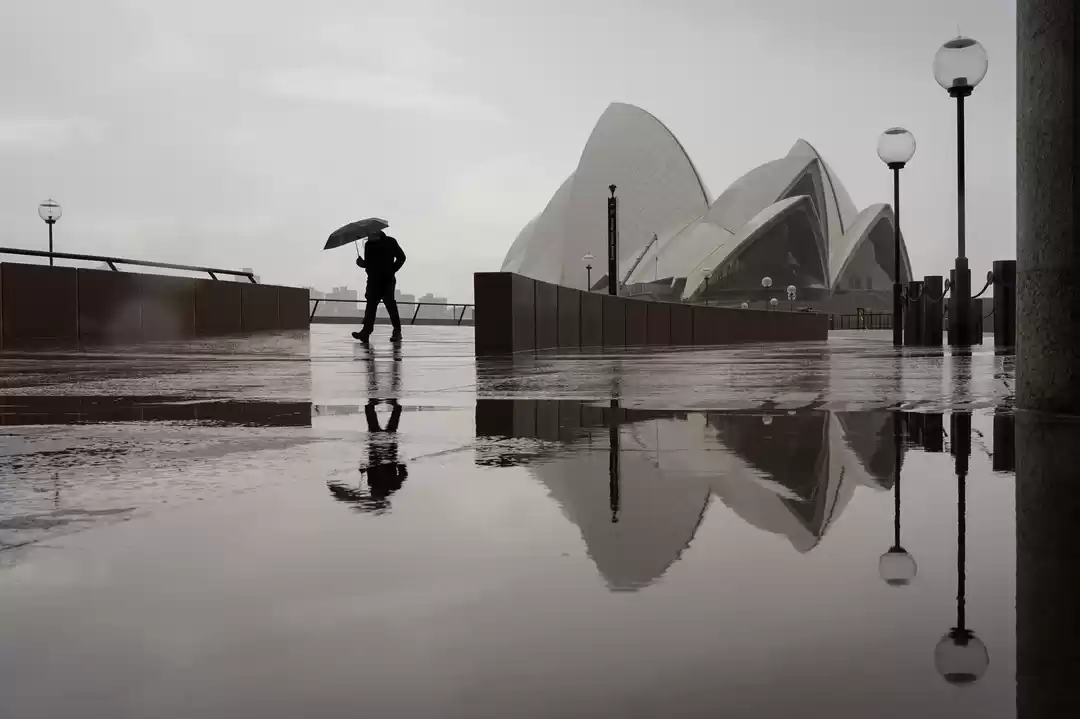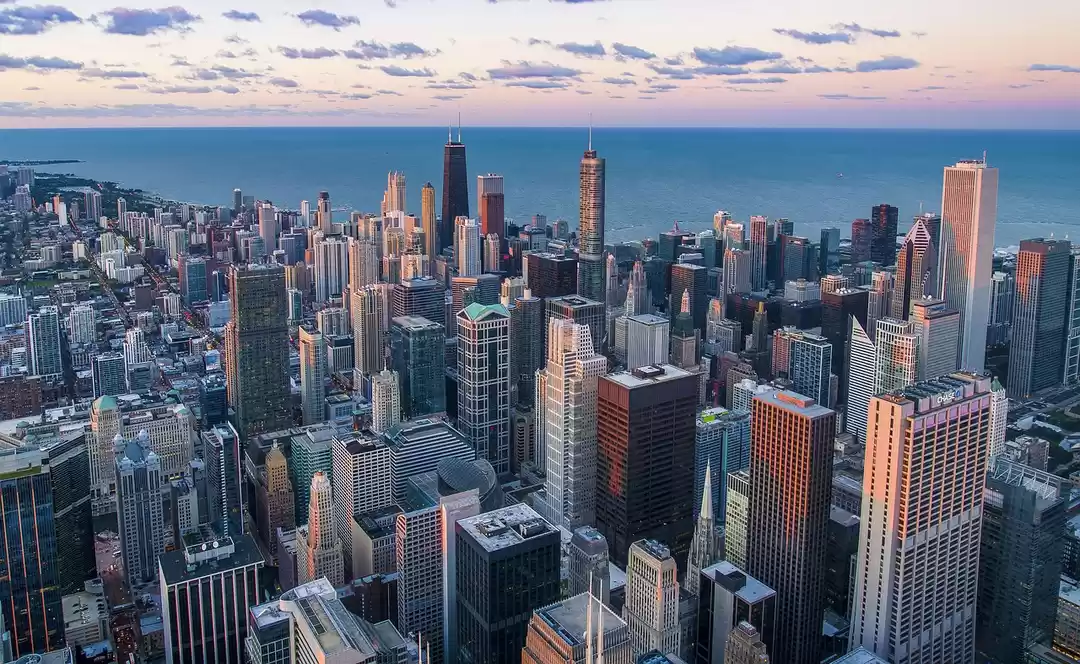
The Vaccine Passport Debate Actually Began In 1897 Over A Plague Vaccine
This isn't the first time the world has been engaged in a conversation about "vaccine passports." And there even is a version of a passport currently in use – the World Health Organization-approved yellow card, which since 1969 has been a document for travelers to certain countries to show proof of vaccination for yellow fever and other shots. Without which they can't visit those countries.
But first, let's flash back to the late 19th century – 1897 to be exact. A scientist from Odessa, Russia, Waldemar Haffkine, developed a vaccine for plague. He was hailed as the "Jewish Jenner" (a shout-out to Edward Jenner, inventor of the smallpox vaccine in 1796).

Once Haffkine's vaccine was put into use in British India, discussions started about asking for proof of vaccination in certain circumstances. A good example, was the annual pilgrimage to the town of Pandharpur in the colonial Bombay province. Authorities decided to make proof of vaccination compulsory for pilgrims but only after detailed, annual negotiations between government, the railway companies, the hospitality industry, pilgrims' representative and temple authorities.
Similar discussions were held about smallpox at about the same time at the plague vaccine was developed. "When there were outbreaks in South Asia people from there were not allowed to board ships, for instance, to Aden or Great Britain, or Mecca for the Hajj, without government-issued smallpox vaccination certificates. Vaccinations were given at government centers, which handed out a certificate to those who got the vaccine.
These matters were considered even more urgent in the second half of the 20th century after the introduction of air travel. In that era, someone infected with smallpox could quickly and easily reach Europe while infected and cause local outbreaks of this much-feared disease. So, smallpox vaccination certification checks were enforced before travel, "with forcible isolation at airports of any passengers considered to have dubious documentation."
Vaccine certification checks came under the International Sanitary Regulations adopted in 1951 by WHO member states (and replaced by and renamed the International Health Regulations in 1969.
Currently, yellow fever is the only disease specified in the International Health Regulations for which countries may require proof of vaccination as a condition of entry. However, WHO can recommend, based on outbreaks, that countries ask for other vaccines. For example, there is a current recommendation that Pakistan and Afghanistan ask travelers to be vaccinated with a single adult dose of polio vaccine if they have not been vaccinated against polio since childhood.

But any type of vaccine proof is not a blanket rule all must follow. "All recommendations from WHO are necessarily advisory in nature and open to interpretation across countries, during implementation."
So that's one of several concerns about any effort to create a global COVID-19 passport.
No entity has a mandate to create universal certification, and the situation is tricky because it could be at least a couple of years before everyone in the world is vaccinated.
WHO recommends that people who are vaccinated should continue to comply with other risk-reduction measures when travelling.
This train [of vaccine certification] has already left the station because people want to know that the people around them are immunised.
The European Union, for example has proposed what it's calling a digital green pass that could allow travel for people who've been vaccinated, recovered from COVID-19 or show a negative test for the virus.
So, for now its still unclear for our country whether it will require the vaccine passport to enter in India or for us whether we need it or not.
Thanks for reading guys, please follow here and on Instagram and share if you like it and let me know if you want more such interesting articles, you can suggest me some topics as well here in the comments.





